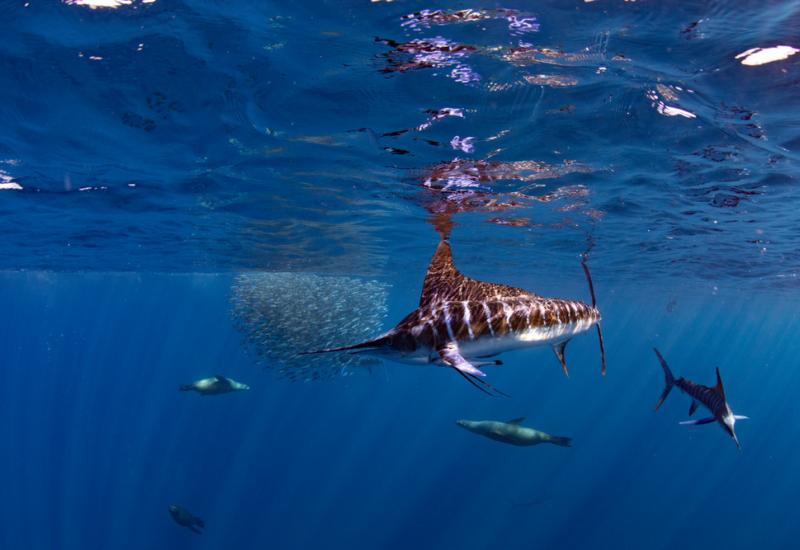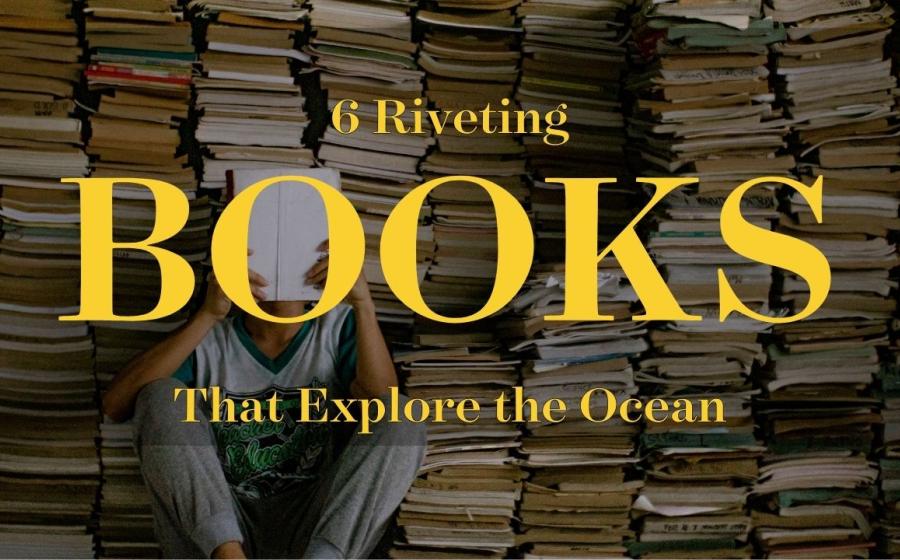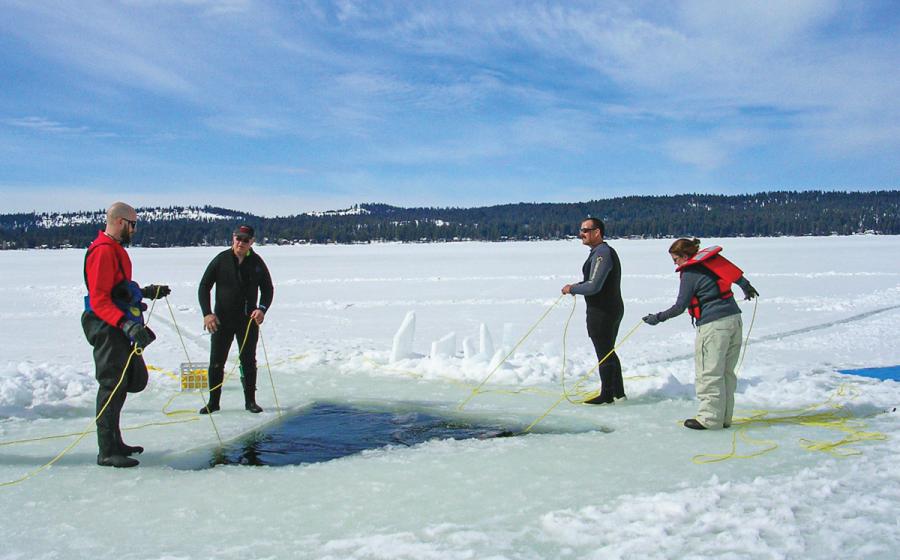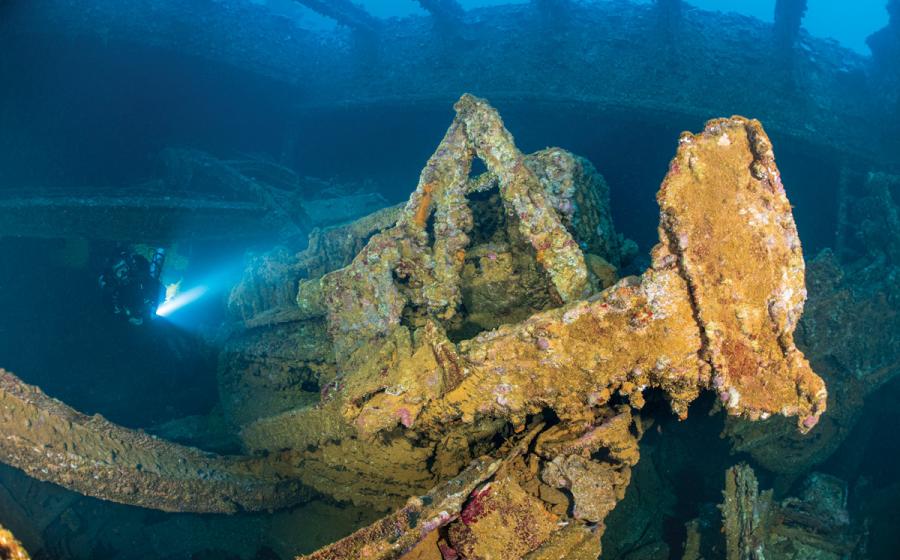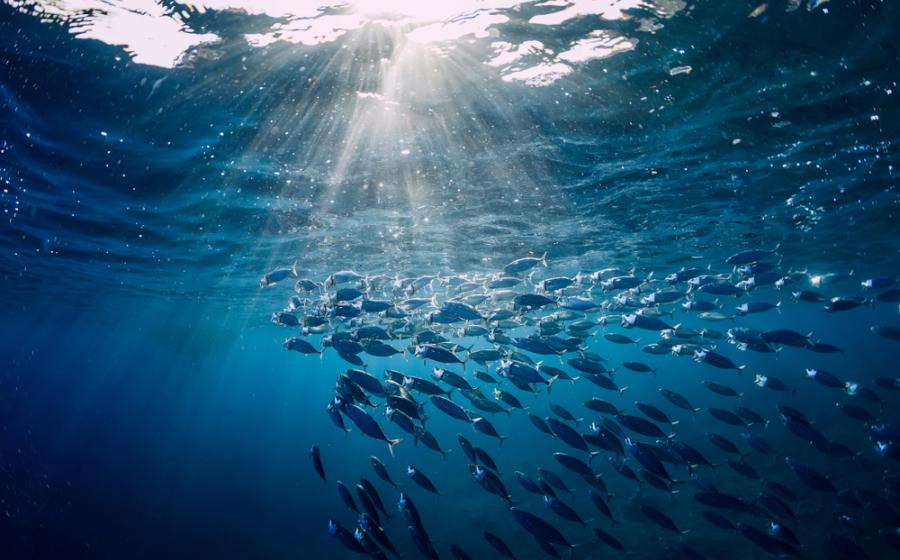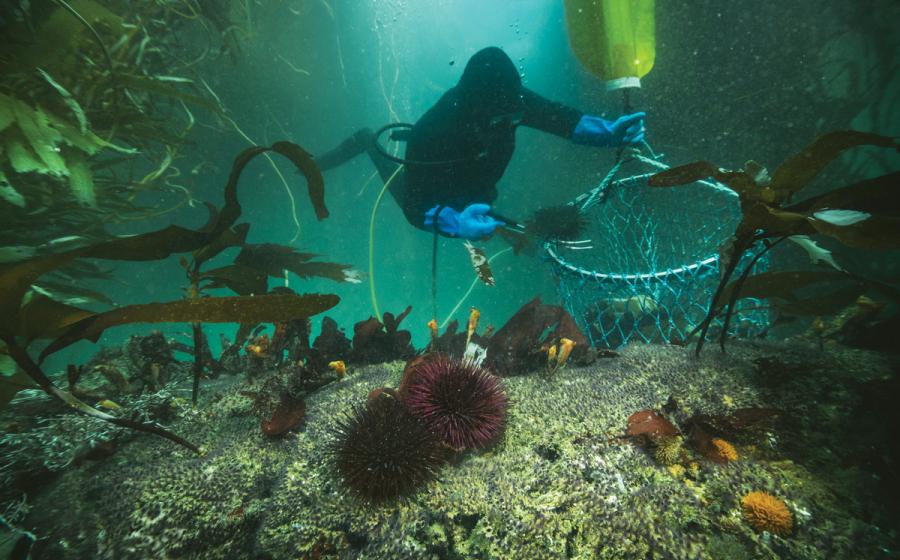Minorities in Shark Sciences Makes Marine Biology and Conservation Accessible to All

Courtesy Minorities in Shark SciencesParticipants in the MISS shark research workshop work up a shark.
The ocean faces many threats, and we need all hands on deck if we’re going to solve the complex problems plaguing our environment. Unfortunately, the world of marine biology and ocean conservation has often fallen short of the important goals of equity and inclusion. My field of shark and ray science has an especially dismal record—in 2019, the American Elasmobranch Society had over 400 members, and just one identified as Black. The non-profit Minorities in Shark Sciences, or MISS, is working to make the field safe, welcoming and inclusive for all.
Representation Matters
It matters who does science, as more diverse teams produce more innovative and effective solutions. “The more different types of people you have at the table, the more well-rounded the field will be,” says Carlee Jackson Bohannon, cofounder and Communications Director of MISS. “People from different backgrounds approach things differently. And representation is also important. People coming up in this field need to see themselves represented so they know it’s attainable for them, too.”

Courtesy Minorities in Shark SciencesMISS offers workshops to the community, such as a shark research skills workshop.
MISS was founded in 2020, and now has about 400 members who are women and gender minorities of color. Notably, that’s almost exactly the same size as the American Elasmobranch Society. “There are a lot of women of color interested in this field, but their work isn’t being amplified, or they’re actively being silenced,” Bohannon says. “That’s why we added a community side to MISS, where members can get advice, collaborate, and share knowledge.”
In addition to MISS’s community, they provide a variety of other valuable services, including a summer camp for kids to introduce them to marine biology, fully-funded research fellowships and internships and shark research skills workshops on a research vessel. “This helps those who might not be financially able to take off work to do an unpaid internship while giving people training and skills they can use in future careers,” Bohannon tells me.
Want to Get Involved?
If you’re a woman or gender minority of color interested in this field, you can join MISS. If you’re a marine biologist who is not a woman or gender minority of color, you can join the “Friends of MISS” program, an organized network of allies. And anyone can support MISS by donating to support their efforts. You can learn more about MISS on their website MISSElasmo.org , which also includes a link to sign up for their quarterly newsletter and to follow them on Twitter, Instagram, Facebook and LinkedIn.

Courtesy ImageDavid Shiffman
Dr. David Shiffman is a marine conservation biologist who studies threatened marine life and how to save it. He is a faculty research associate at Arizona State University. Follow him on Twitter, Facebook and Instagram @ WhySharksMatter.

%20(2)f96d.jpg)


